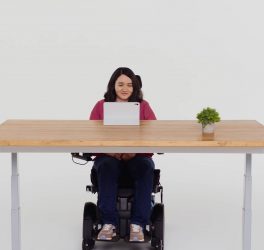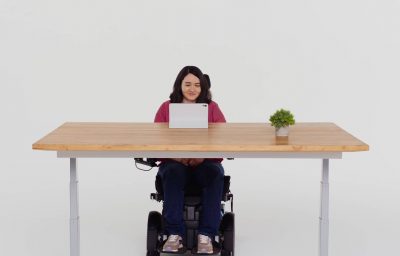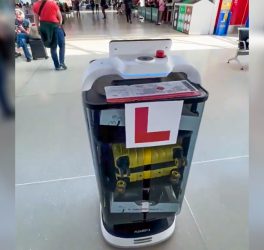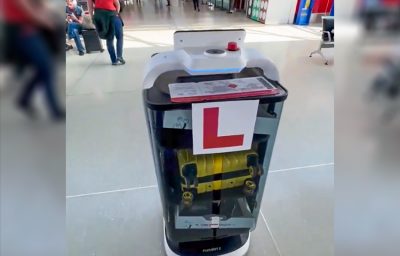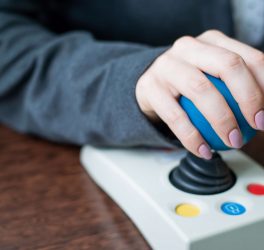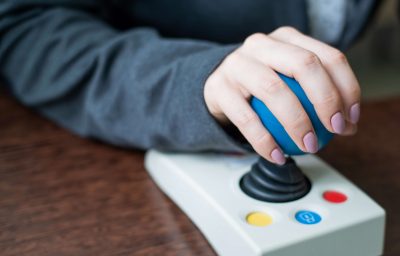New Delhi – Delhi University’s Kirori Mal College has installed more than 80 acrylic sheets with QR codes guidance system to provide students with vision disabilities access to important locations and offices on the campus. These codes can be easily read by using open source applications on smartphones by students.
“Every year, many students from persons with disabilities category join the university with vision disabilities being one of the most common disabilities. Under the Mapped by Digital Vision program, the college is taking a sensitive approach towards providing students who are blind equal access to the facilities on the campus,” says Seema Parihar, associate professor of Geography and nodal teacher, Kirori Mal College.
The acrylic sheets have been put up in important locations such as administrative office, principal’s office, academic blocks, classrooms and cafeteria. When scanned with an open source app on smartphones, the QR codes provide information and instructions in the audio format. In addition to the guidance system for the students, the college is also planning to introduce QR coded textbooks and identity cards.
Read the original article.



